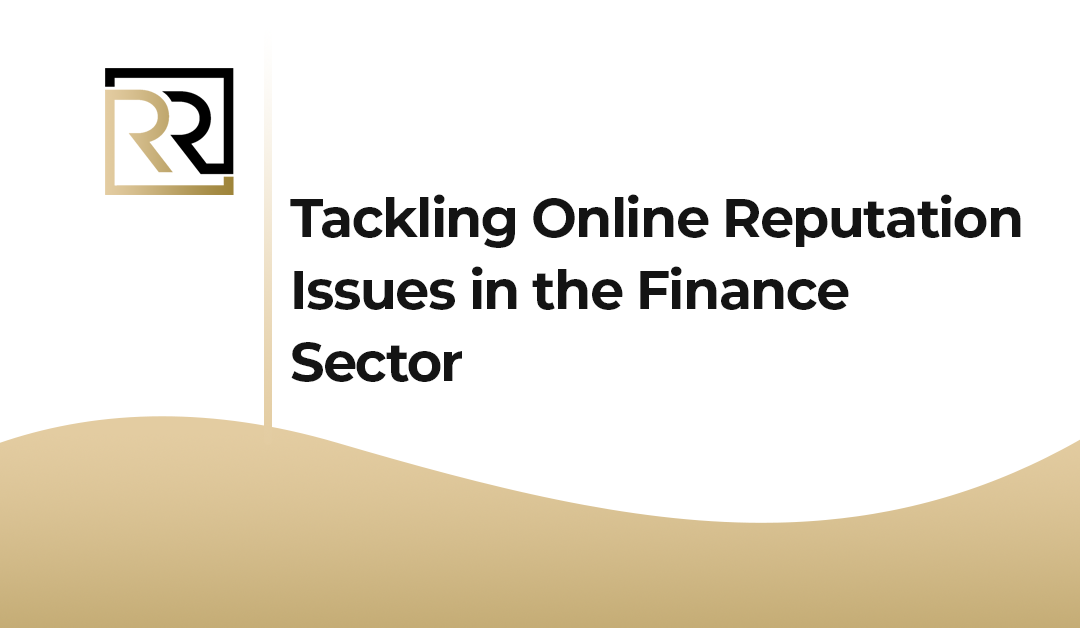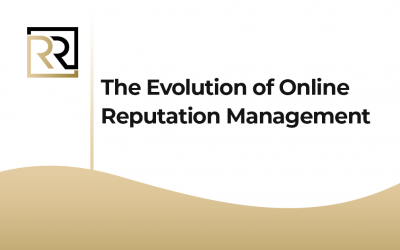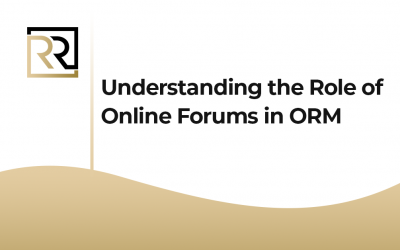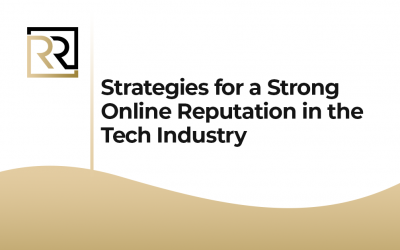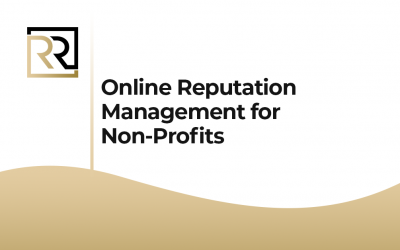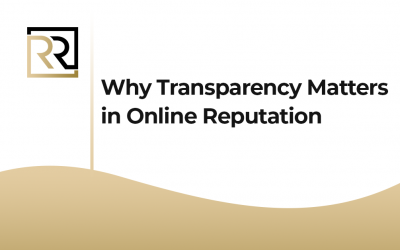Strategies for Online Reputation Issues in the Finance Sector
Further, in the finance sector, where trust and credibility are paramount, managing online reputation is of utmost importance. Thus, with the increasing influence of digital platforms, financial institutions and professionals face unique challenges when it comes to maintaining a positive online image. Besides, from negative reviews and misinformation to security breaches and regulatory compliance, reputation issues in the finance sector require careful navigation and strategic management. So, in this article, we’ll explore effective strategies for tackling online reputation issues in the finance sector, empowering businesses and professionals to safeguard their reputation in the digital age.
Online Reputation in the Finance Sector
1. Monitor Online Mentions
One of the first steps in tackling online reputation issues in the finance sector is to monitor online mentions of your brand, company, or personal name. Moreover, utilize online monitoring tools and social media listening platforms to track mentions across various digital channels, including social media, review sites, news websites, and forums. What’s more, pay close attention to the sentiment and context of mentions, identifying any emerging issues or negative feedback that may impact your reputation.
2. Address Negative Reviews and Feedback
Secondly, negative reviews and feedback can significantly impact the reputation of financial institutions and professionals. So, it’s essential to address negative reviews and feedback promptly and professionally. Additionally, respond to complaints and concerns with empathy and understanding, and offer solutions or remedies to resolve the issue. Indeed, transparency and responsiveness are key to mitigating reputational damage and rebuilding trust with customers and clients.
3. Provide Accurate and Timely Information
Also, in the fast-paced world of finance, providing accurate and timely information is crucial for maintaining credibility and trust. Therefore, ensure that information shared on your website, social media channels, and other digital platforms is accurate, up-to-date, and compliant with regulatory requirements. What’s more, misinformation or outdated information can damage your reputation and erode trust with your audience.
4. Protect Data Privacy and Security
Generally, data privacy and security are top concerns for individuals and businesses in the finance sector. Thus, a data breach or security incident can have severe repercussions for your reputation and trustworthiness. Also, implement robust security measures to protect sensitive information and adhere to industry regulations and best practices for data privacy. Essentially, communicate openly and transparently with customers and clients about your data security protocols, demonstrating your commitment to protecting their privacy.
5. Educate and Empower Customers
Further, empowering customers with knowledge and information is an effective strategy for managing online reputation issues in the finance sector. Therefore, provide educational resources, such as blog posts, articles, and webinars, that help customers understand financial concepts, products, and services. Besides, empowering customers with knowledge, you can build trust, enhance credibility, and mitigate reputational risks associated with misunderstandings or misinformation.
6. Engage with Stakeholders
Indeed, engaging with stakeholders, including customers, clients, regulators, and industry peers, is essential for managing online reputation issues effectively. Additionally, actively participate in industry forums, conferences, and events to stay informed about emerging trends and issues. Also, foster open communication and collaboration with regulators and industry associations to demonstrate your commitment to compliance and best practices. Thus, by engaging with stakeholders proactively, you can build credibility and trust within the finance sector.
7. Leverage Thought Leadership and Content Marketing
Further, establishing thought leadership through content marketing is a powerful strategy for managing online reputation issues in the finance sector. For example, create high-quality content, such as whitepapers, research reports, and thought leadership articles, that showcase your expertise and insights on relevant financial topics. Furthermore, share your content on your website, social media channels, and industry publications to demonstrate thought leadership and build credibility with your audience.
Conclusion: Online Reputation in the Finance Sector
Tackling online reputation issues in the finance sector requires a strategic and proactive approach. Therefore, by monitoring online mentions, addressing negative reviews and feedback, providing accurate and timely information, protecting data privacy and security, educating and empowering customers, engaging with stakeholders, and leveraging thought leadership and content marketing, financial institutions and professionals can effectively manage their online reputation and build trust and credibility in the digital age. Besides, by prioritizing reputation management and adopting best practices, businesses and professionals can navigate the complexities of the digital landscape and safeguard their reputation in the competitive finance sector.


